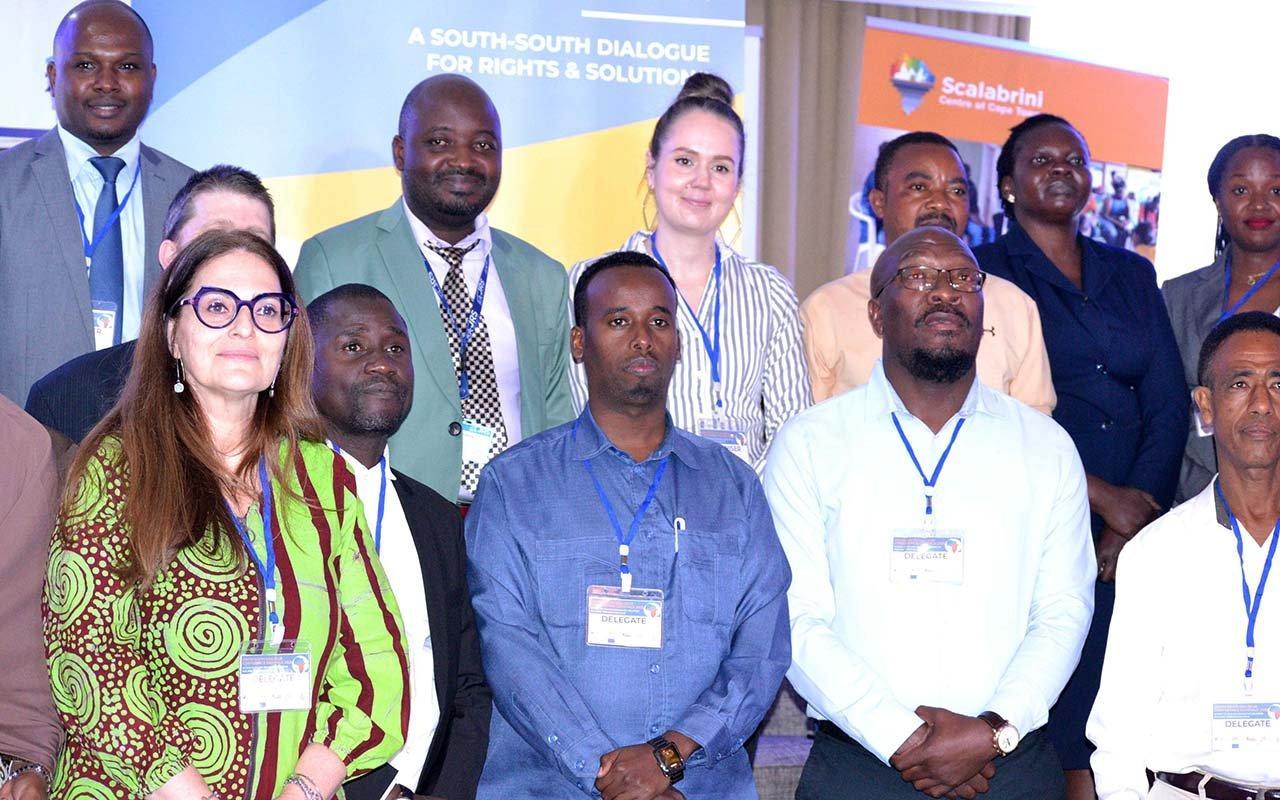Africa-Press – Uganda. The Office of the Prime Minister (OPM) has confirmed that over 2,000 Sudanese refugees living in Uganda have expressed their readiness to return home under the voluntary repatriation program.
Mr Patrick Okello, the Commissioner for Refugees in the OPM, said the Sudanese community had contacted the government expressing their willingness to return. Arrangements are now underway to facilitate their repatriation.
“The Sudan ambassador in Uganda has already contacted us to that effect. And we’re making the necessary arrangements to have them repatriated to Sudan. Because I’m informed the situation now has improved and the government is operating normally,” Mr Okello said.
He further noted that as of July, the government had repatriated 15,000 Burundian refugees through the same program. However, he acknowledged a recurring challenge, many of those repatriated often return to Uganda.
“The challenge is that because of the conducive environment in Uganda, they go home and come back, because our country is really a very beautiful country, very safe and it provides a number of opportunities,” Mr Okello added.
He made the remarks during the opening of a two-day South-South Dialogue Conference held in Kampala on August 6, under the theme: Access to Asylum; Enhancing Solution Building Through Dialogue.
Mr Edward Businge, Country Programmes Manager for Jesuit Refugee Services (JRS), said the dialogue aims to strengthen refugee protection, improve asylum processes, and find durable solutions.
“I’m calling for a solution, not just one driven by money from governments, but for African countries facing the same challenges to come together, learn from one another, and draw policy briefs that can inform service delivery improvements for refugees, asylum seekers, and vulnerable host communities,” Mr Businge said.
The dialogue has drawn participants from refugee-supporting organisations, civil society, community leaders, refugee-led organisations, NGOs, and other key stakeholders.
Uganda is currently hosting about 1.8 million refugees and asylum seekers, according to the OPM. These include 1,019,243 from South Sudan, 632,833 from the Democratic Republic of Congo, 88,427 from Sudan, 57,938 from Eritrea, 50,354 from Somalia, 45,410 from Burundi, 24,829 from Rwanda, 15,865 from Ethiopia, and 2,035 from other countries.
According to United Nations High Commissioner for Refugees (UNHCR) statistics, since the beginning of 2025, Uganda has been receiving an average of 600 new arrivals daily. The total number is projected to surpass two million by the end of the year, even as emergency funds dwindle and essential services face severe cuts.
As of August 4, UNHCR reported that by the end of July, it had resources to support fewer than 18,000 individuals with cash and essential relief items—enough to cover just two months’ worth of arrivals at the current pace.
“The cost of addressing the needs of one refugee in Uganda is estimated at approximately $16 per month in 2025. However, unless UNHCR receives more funding, we will only be able to deliver assistance of $5 a month per refugee,” the agency warned in a statement.
“As food, water and medicine supplies shrink, rates of malnutrition, especially in children under five, are rising at an alarming pace.”
The agency further noted that the prolonged funding crisis is forcing refugees to make devastating choices, including pulling children out of school, experiencing increased gender-based violence, and facing a growing risk of suicide among youth due to a decline in mental health care staffing.
For More News And Analysis About Uganda Follow Africa-Press






